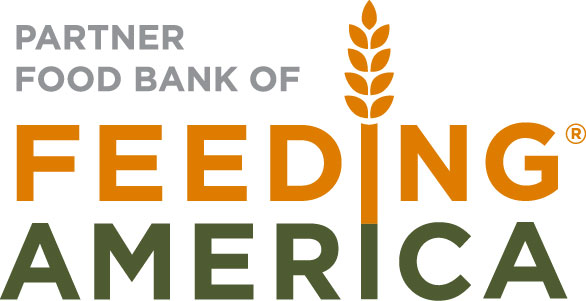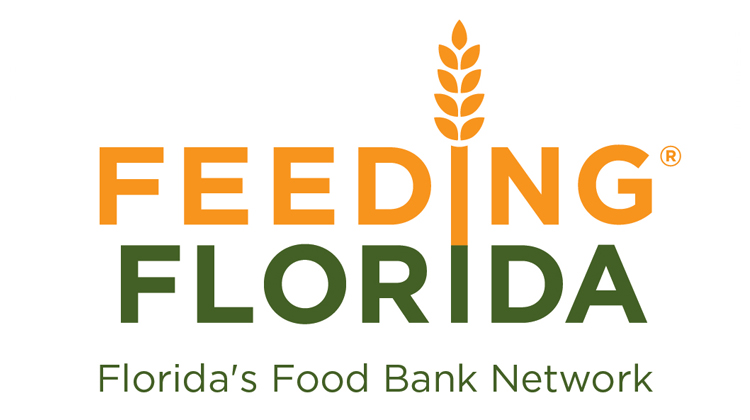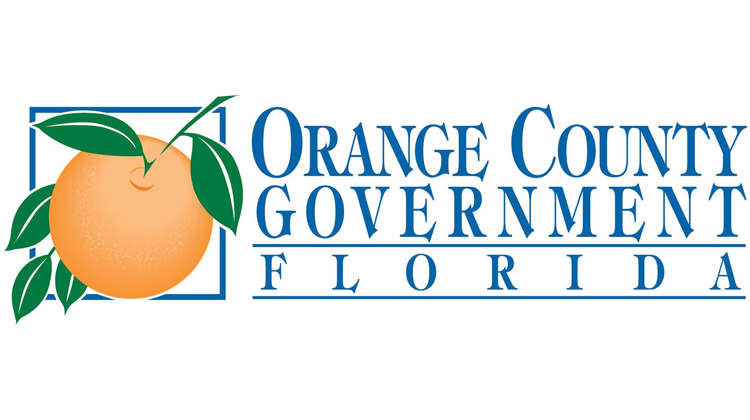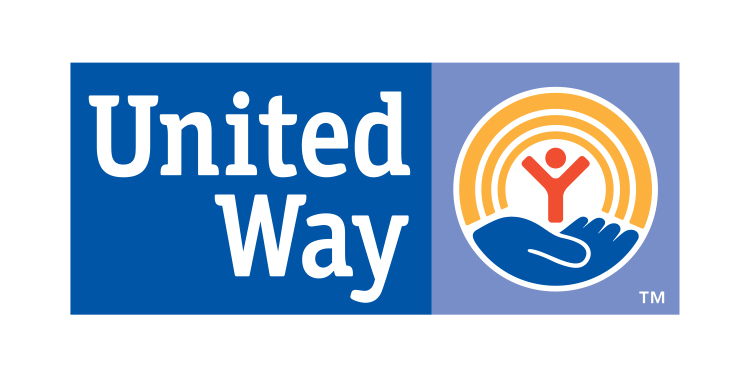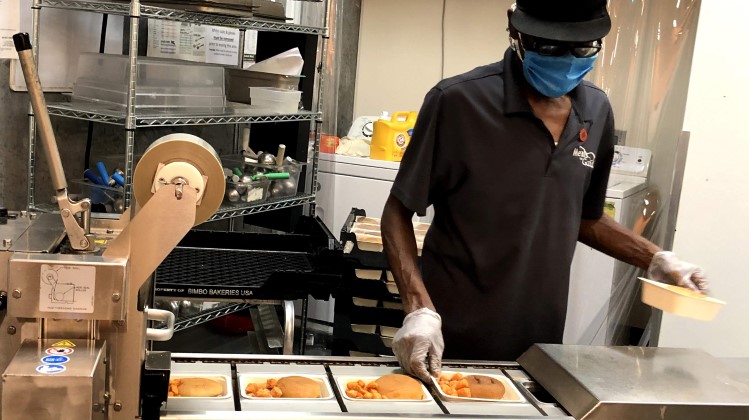
Medically tailored meals will be delivered to thousands more food-insecure and chronically and critically ill people nationwide through the Food is Medicine Accelerator, a project providing technical assistance and training to nonprofit food agencies – including Second Harvest Food Bank of Central Florida – so that they can launch the life-saving health intervention in currently unserved or underserved communities.
Four nonprofit agencies – Feeding Tampa Bay in Florida, the Greater Chicago Food Depository, Meals on Wheels People of Portland, Ore., and the New Hampshire Food Bank – recently completed a yearlong, intensive training program through the Accelerator. The project has expanded the number of medically tailored meals (MTM) providers to 16 operating in 14 states. A second cohort of five nonprofit agencies – located in Central Florida, Northwest Indiana, Ohio, Texas and Wisconsin – has begun the training to further expand MTM access.
The Food is Medicine Accelerator is a partnership between the Food is Medicine Coalition, Boston-based Community Servings, God’s Love We Deliver, Center for Health Law and Policy Innovation at Harvard Law School and Nonprofit Finance Fund. Supported by funding from CVS Health, private donors, and co-investments from the agencies participating in the training, the Food is Medicine Accelerator works to refine, replicate and broadly scale the MTM model to support individuals in areas across the country that do not have access to MTM services.
“As leading advocates in the Food is Medicine movement, we feel compelled to address the urgent need for medically tailored meals not only in Massachusetts, where we feed thousands of people annually but also in other parts of the country,” said David B. Waters, CEO of Community Servings. “The Food is Medicine Accelerator will help improve the health of people across our nation by expanding this model to areas where homebound, critically ill individuals currently have no access.”
“We are thrilled to share our expertise in and passion for the Food is Medicine movement with our colleagues in the Food is Medicine Accelerator,” said Karen Pearl, President and CEO of God’s Love We Deliver. “New York City has been transformed by the life-saving work that God’s Love We Deliver has done for more than three decades, and we look forward to seeing how our model will lower health care costs, improve health outcomes, and increase patient satisfaction for the individuals helped by the members of the Food is Medicine Accelerator.”
The Food is Medicine Accelerator team trains participants from nonprofit food agencies in the operational, policy and contracting mechanisms to become providers of medically tailored meals. The MTM model features home-delivered meals that are designed by a registered dietitian nutritionist and that reflect an appropriate, evidence-based dietary therapy for illnesses such as cancer, cardiac disease, diabetes and HIV/AIDS. The intervention also includes standards for nutrition and food quality, nutrition counseling and education, data collection, and health care referrals.
Upon completion of the training, Accelerator participants are well-equipped to introduce medically tailored meals in their respective regions. The nonprofits currently training through the Accelerator are: Second Harvest Food Bank of Central Florida in Orlando; Meals on Wheels of Northwest Indiana in Merrillville, Ind.; La Soupe in Cincinnati; the Houston Food Bank; and Dohmen Company Foundation in Milwaukee.
“We know that providing access to healthy food improves and transforms lives, yet many in our community are simply too sick to cook for themselves, and their illnesses are progressing due to poor or incomplete nutrition,” said Dave Krepcho, President and CEO at Second Harvest Food Bank of Central Florida. “These are just a few of the reasons why we’re working on launching a home-delivered medically tailored meals program as part of our Health and Hunger initiatives. Once we complete our training through the Food is Medicine Coalition’s Accelerator program, we’ll be well-positioned to begin the process of bringing MTM services to Central Florida.”
The Food is Medicine Accelerator is leveraging a growing body of research showing the impact of MTM on improving health outcomes, reducing health care costs, and enhancing patient satisfaction. The provision of MTM is the only known food insecurity intervention to overcome key barriers to optimal health, such as limited access to health-promoting foods and difficulty in changing dietary behaviors, and targets individuals whose needs cannot be met with less intensive, non-MTM programs such as food pantries, soup kitchens and traditional meals-on-wheels programs.




